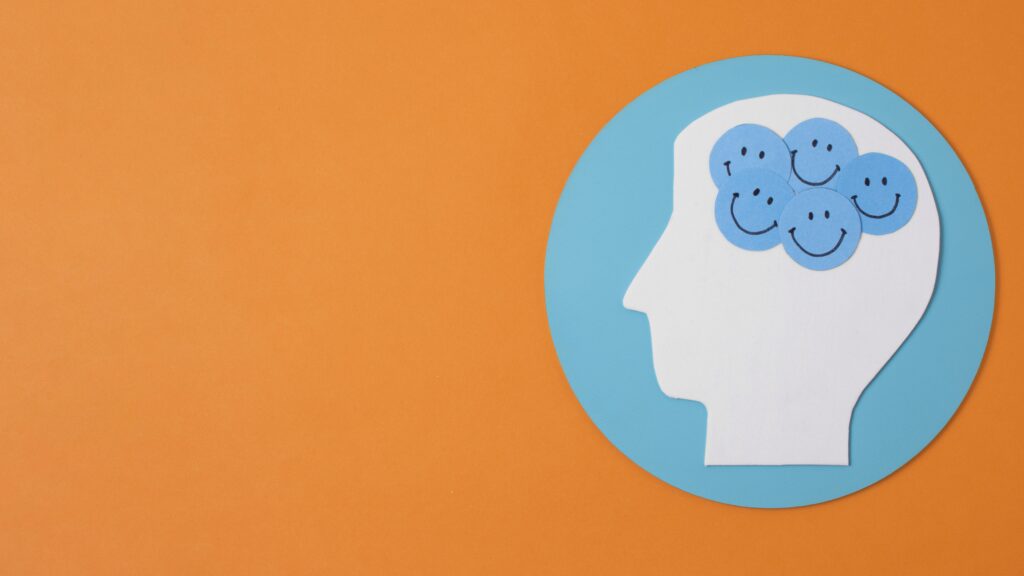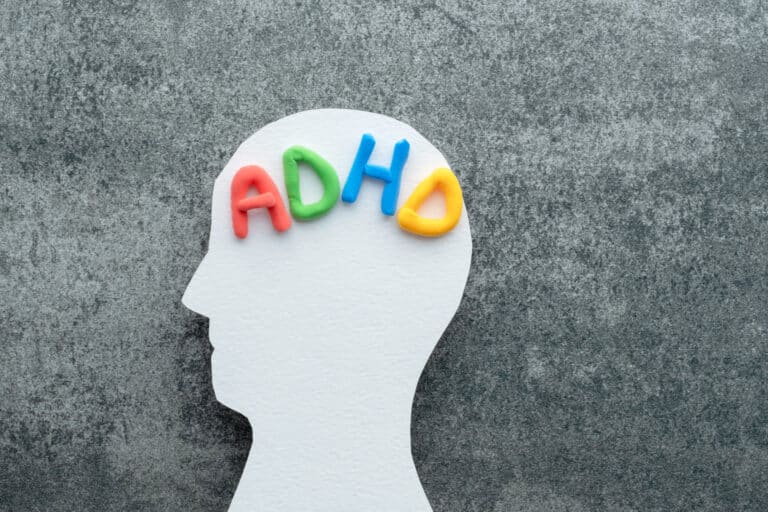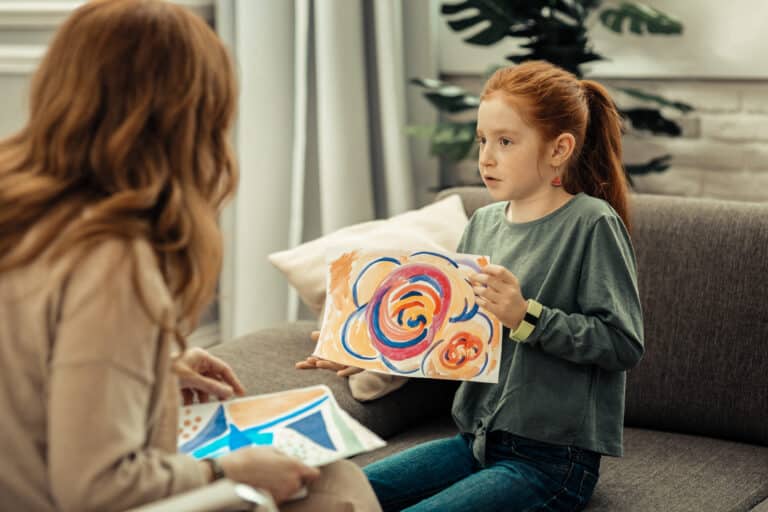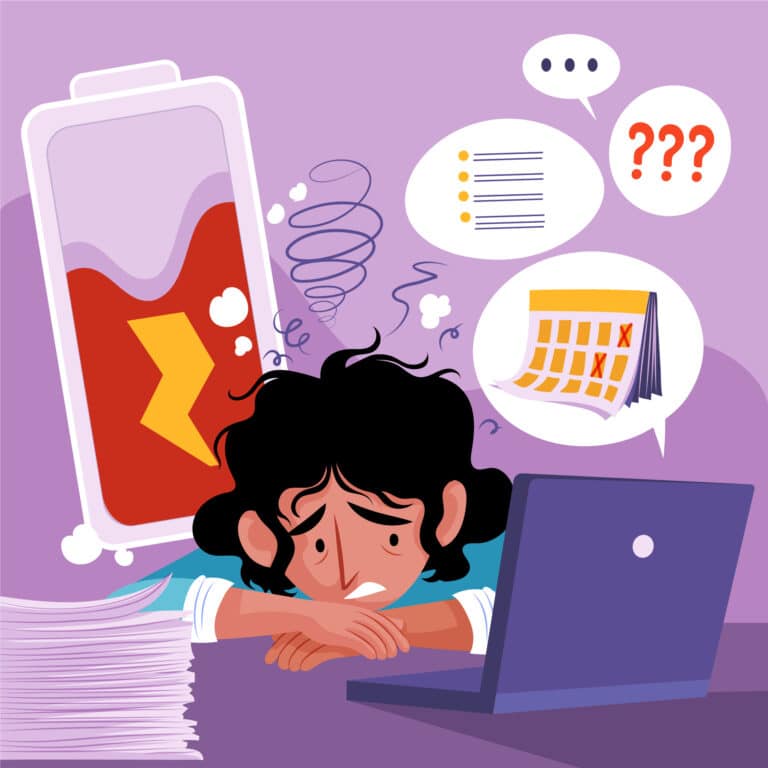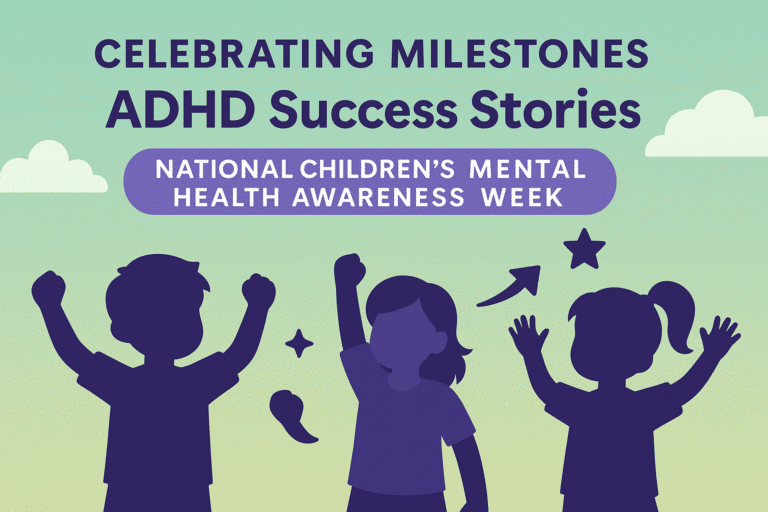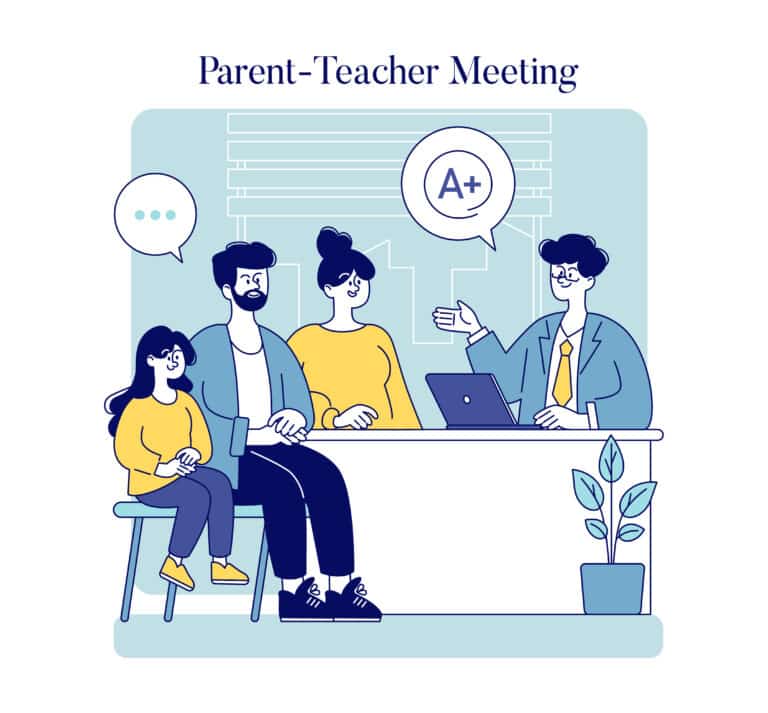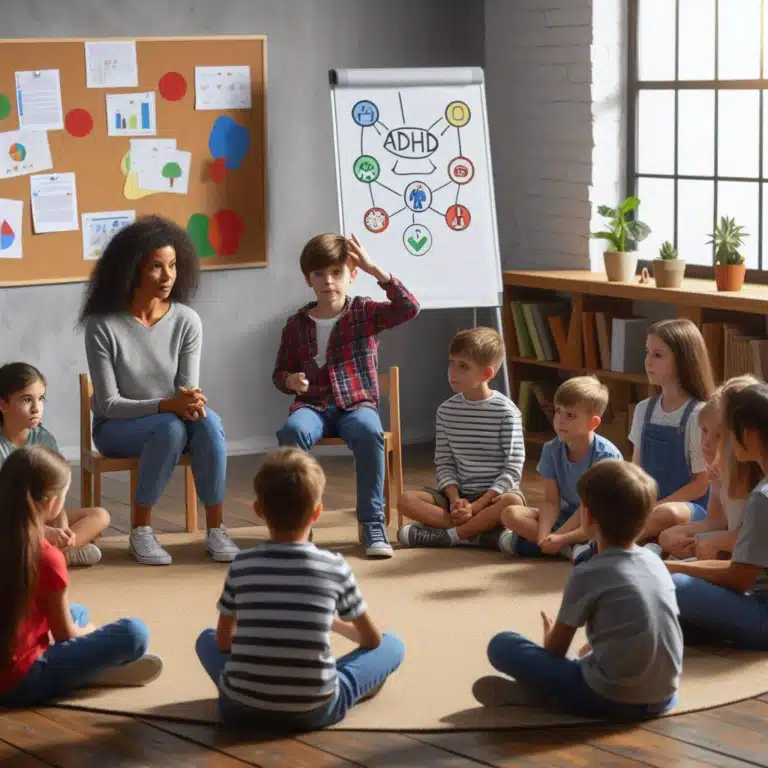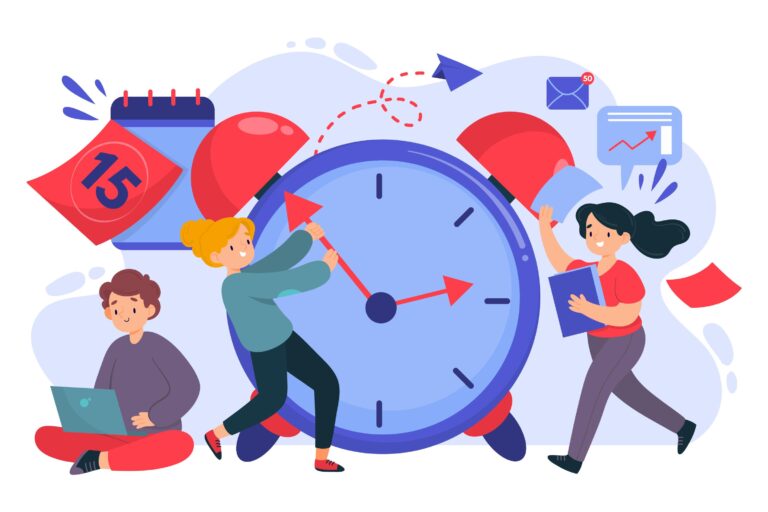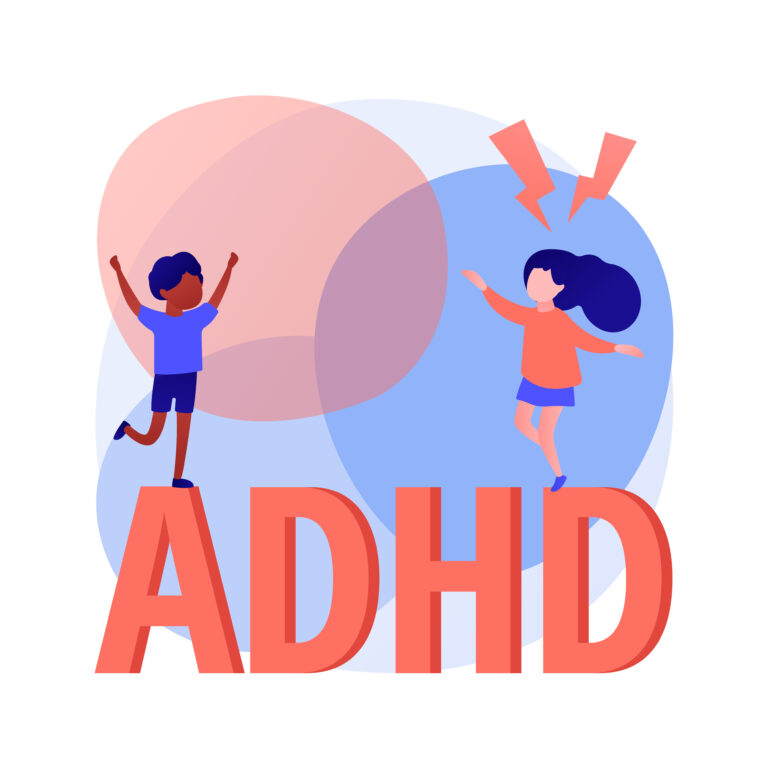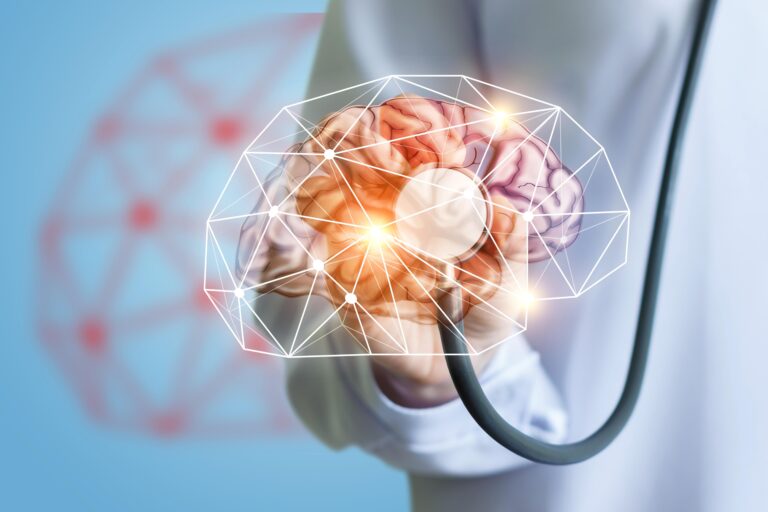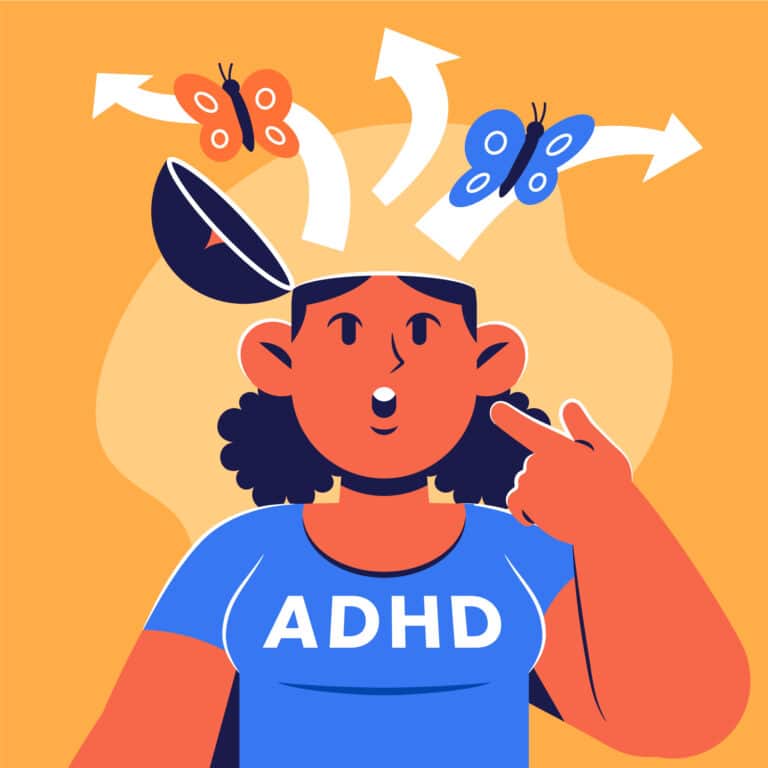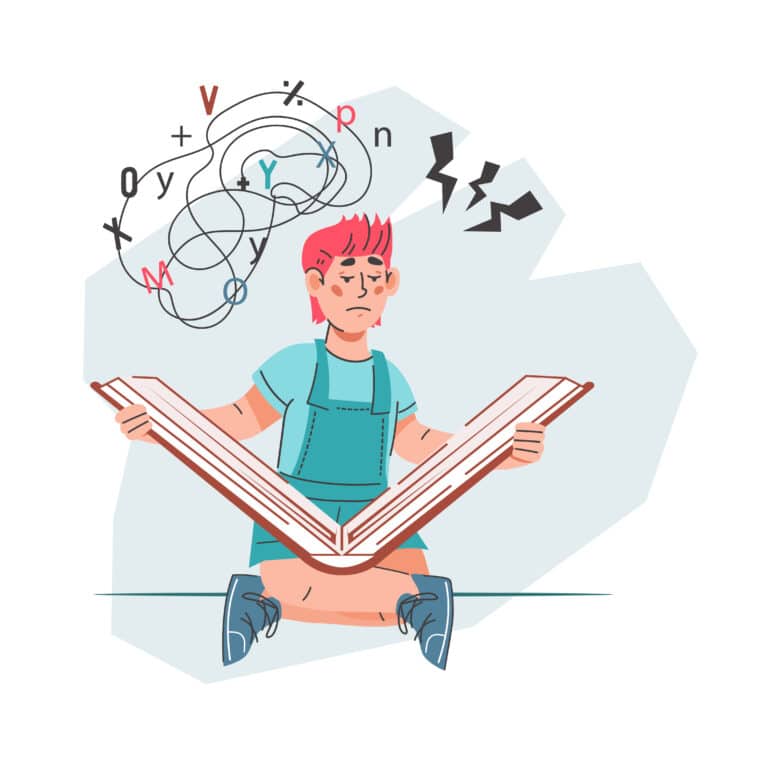Understanding ADHD: More Than a Chemical Imbalance
ADHD is often explained as a “dopamine deficiency,” but the reality is far more complex. While dopamine plays a role in motivation and attention, reducing ADHD to a neurochemical imbalance overlooks critical environmental, developmental, and psychological factors.
Many children labeled with ADHD struggle with executive functioning, difficulty filtering distractions, and challenges with emotional regulation. The question isn’t just how to increase dopamine—it’s about understanding what drives attention, learning, and self-regulation in a way that helps children develop lifelong skills.
The Challenges of Focus and Attention in ADHD
Many children with ADHD exhibit:
- Difficulty filtering important vs. unimportant information
- Struggles with task initiation and completion
- Impulsivity in decision-making and emotional reactions
- Frustration tolerance issues that affect learning and relationships
These challenges don’t necessarily stem from a lack of dopamine but rather from how a child’s brain organizes and prioritizes information in real time.
Rethinking ADHD: Why Quick Fixes Aren’t Enough
ADHD is not simply about low dopamine levels—in fact, the entire “dopamine-deficiency” explanation is an oversimplified model that has led to overmedication. While stimulants can temporarily alter focus, they do not address the deeper developmental and environmental factors that shape attention and behavior.
Instead of relying solely on a biochemical explanation, parents can help children with ADHD by strengthening:
- Cognitive flexibility – Teaching kids to shift attention and adapt to new challenges
- Emotional regulation – Helping children manage frustration, disappointment, and excitement
- Routine and structure – Creating predictable environments that support self-regulation
- Purpose-driven learning – Encouraging focus through engaging, meaningful activities
Supporting Children with ADHD Without Over-Reliance on Medication
Rather than focusing on dopamine levels, here are effective, research-backed ways to support children with ADHD:
1. Creating a Home Environment That Supports Attention
Children with ADHD thrive in structured, predictable environments that help them organize their thoughts. Parents can:
- Use visual schedules and clear expectations to reduce distractions
- Encourage single-tasking instead of pushing multitasking
- Create transition rituals to help children shift between activities
2. Helping Kids Strengthen Their Focus Naturally
- Play-Based Learning – Hands-on, interactive learning improves sustained attention
- Mindful Physical Movement – Activities like climbing, swimming, and even drumming improve self-regulation
- Creative Engagement – Art, music, and storytelling enhance attention and working memory
3. Teaching Kids How to Manage Overstimulation
ADHD symptoms are often worsened by overstimulation, whether from screen time, busy classrooms, or high-pressure environments. Helping children prioritize attention is key:
- Encourage breaks between tasks to avoid mental overload
- Reduce background noise and digital distractions during learning
- Teach children how to recognize when they’re feeling overwhelmed
How Pathformers Helps Parents Navigate ADHD
At Pathformers, we believe that ADHD is more than just a diagnosis—it’s a developmental journey. Our 12-video ADHD course provides expert-led guidance on:
- Recognizing ADHD beyond the medical model
- Helping your child build focus and attention naturally
- Managing emotional ups and downs without over-reliance on medication
- Creating structure at home for better focus and self-regulation
- Navigating school challenges and advocating for your child
Join the ADHD Course Today → Pathformers ADHD Course
Frequently Asked Questions
Is ADHD really a dopamine deficiency?
The idea that ADHD is purely a dopamine imbalance is an oversimplification. While dopamine plays a role in motivation and reward processing, ADHD is also influenced by environmental, developmental, and emotional factors.
Can diet and exercise help improve ADHD symptoms?
Absolutely. Structured movement, engaging play, and targeted learning strategies can significantly improve a child’s ability to focus and self-regulate.
How can Pathformers help parents navigate ADHD?
We offer evidence-based, expert-led courses designed to help parents support their child’s executive function, emotional regulation, and academic success—without over-reliance on medication.
Final Thoughts
The key to supporting a child with ADHD isn’t just about brain chemistry—it’s about helping them develop the tools to succeed. At Pathformers, we equip parents with research-backed strategies to help their children build focus, resilience, and confidence.
Start Learning Today → Pathformers ADHD Course

